INTRODUCTION
On the Big Screen
Are you one of the millions of people who flock to movie theaters each week? Maybeyou love cheering for your favorite superhero as he or she battles to save the worldfrom destruction. Maybe you race along with the speeding fighter jets as they diveand roll through the atmosphere in 3-D. Or maybe you try to solve the mystery beforethe hero.
The best movies whisk people away to new worlds and make them feel as if they arepart of the action. But what happens on the big screen requires a tremendous amountof action behind the scenes. When most people think about dream jobs in movies, theythink about the glamorous actors or directors and producers. But if youve ever watchedthe scrolling end credits, you know that hundreds of people work on every movie.These behind-the-scene jobs make the actors characters larger than life for audiences.
A BEHIND-THE-SCENES LOOK AT A BEACH SHOOT FOR THE MOVIE RUTA MADRE
If youre reading this, you are likely more than just a fan of films. You want tobe a part of the movie business. You want to use your talents and love of moviesto build a career in the film industry. And while the entertainment industry is competitive,the good news is, the career possibilities are endless from using your creativewriting ideas as a scriptwriter or film critic to sharing your love of animals asan animal actor trainer. Each job needs savvy people like you who know theres nobusiness like show business.
CHAPTER 1
Talent Agent
When actors are busy performing, they dont always have time to find their next job.Thats where talent agents come in. Talent agents make it their business to knoweverything thats happening in entertainment. They know which actors have been castin which movies. They keep in daily contact with directors and producers so theyknow what film projects are up next.

Its often said that the difference between an aspiring actor and a working actoris a good agent. As a talent agent, its up to you to find your clients roles thatwill further their careers. That involves reading lots of scripts. You must be familiarwith available roles and pending projects in order to pitch clients to studios, directors,producers, and casting directors. Talent agents must also know their clients strengthsand weaknesses. This knowledge helps determine which casting calls to send clientsto. If actors have live performances, agents often attend to get to know their clientsbetter. The actors experiences help agents select auditions.

At a Glance
Also known as: Talent manager
Overview: Talent agents manage the people who make movies, in particular actors.
Education: College degree in the liberal arts or business; acting and film classes
Special skills: Good people and negotiation skills, calm under pressure, organized,persuasive, and detailed
Salary: $28,060$111,370 (and more) with an average salary of $62,940/year; pay isearned based on percentage of talents income.
A strong agent is also a strong negotiator. After all, its up to the agent to usehis or her film industry connections to negotiate the best deals for clients. Forexample, an agent may try to get a client a share of the profits from a films ticketand DVD sales. If stores will sell toys based on the movies, agents try to get apiece of the profits from those sales. More money for a client means more money inan agents pocket; actors pay thei agents a percentage of their movie deals.
GET IN THE SCENE
Agents need to be persuasive, confident, and outgoing. Perfect these skills by:
- Joining the debate team
- Reading and writing persuasive essays
- Practicing sales pitches with fundraisers
- Running for student government office (or campaigning for a friend) and convincingothers why they should vote for you or your candidate
A large part of an agents job involves networking. This can be a glamorous perk.Agents attend parties, awards shows, movie premieres, and other events where famousactors, directors, and producers are on the guest list. As an agent, its importantto be outgoing and personable. You must be able to make friends fast, act with confidence,and trust your instincts about both people and the film industry. Agents know theyneed good relationships with people in the movie business, so it pays to keep intouch. After all, wouldnt you rather work with a trusted friend than a stranger?

Agents sometimes contact famous actors, hoping to represent them for their next starringroles. They also spend time scouting new talent. They attend theater performancesto check out potential clients. Up-and-coming actors also send rsums and performanceclips to agents hoping to earn representation. In some states and countries, agentsmust be licensed to represent actors. Most agents belong to a union such as the ScreenActors Guild (SAG), which allows them to represent actors who belong to the union.

SAG-AFTRA
More than 160,000 entertainment professionals belong to the Screen Actors Guildand American Federation of Television and Radio Artists (SAGAFTRA). This union representspeople in the movie industry such as actors, voiceover artists, and stunt performers.Singers, recording artists, puppeteers, and dancers also join SAGAFTRA. This unionrepresents the entertainment professionals and helps them in their careers. Memberspay joining fees and yearly dues to stay in the union. In return, the union protectsits members rights to safe working conditions.

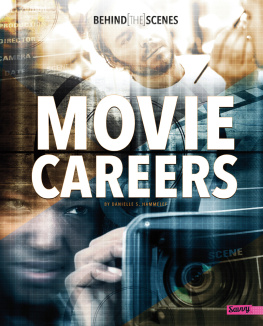



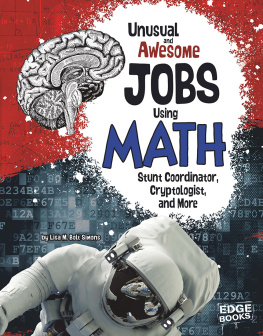



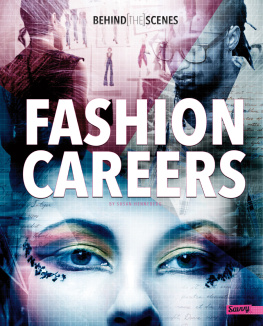


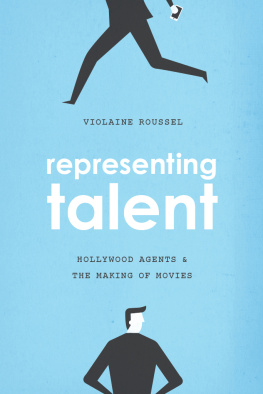






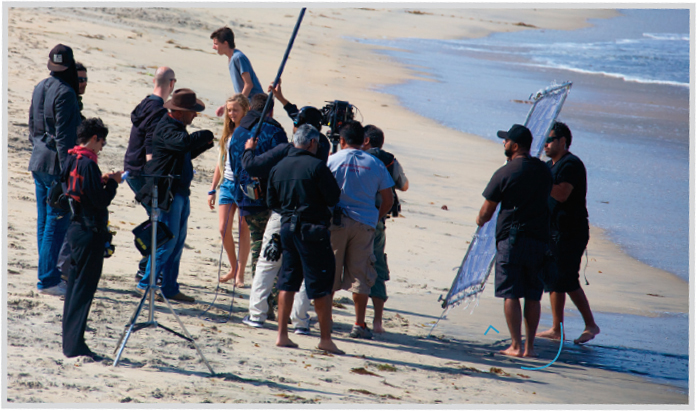



 At a Glance
At a Glance


